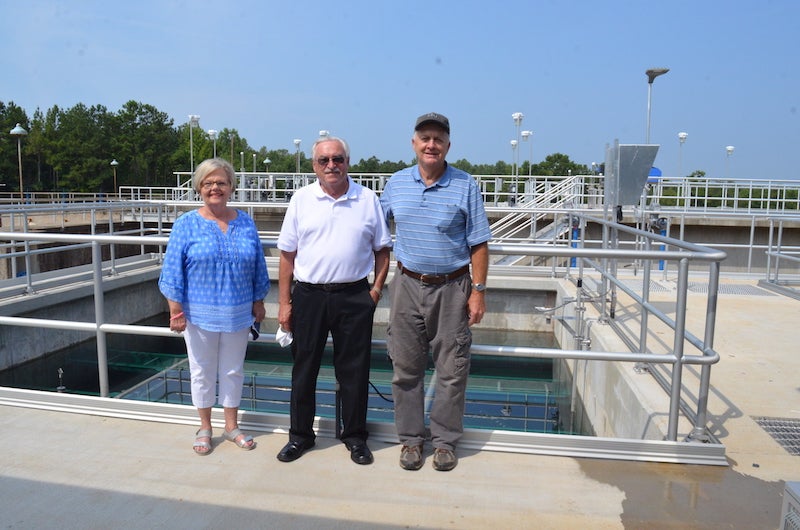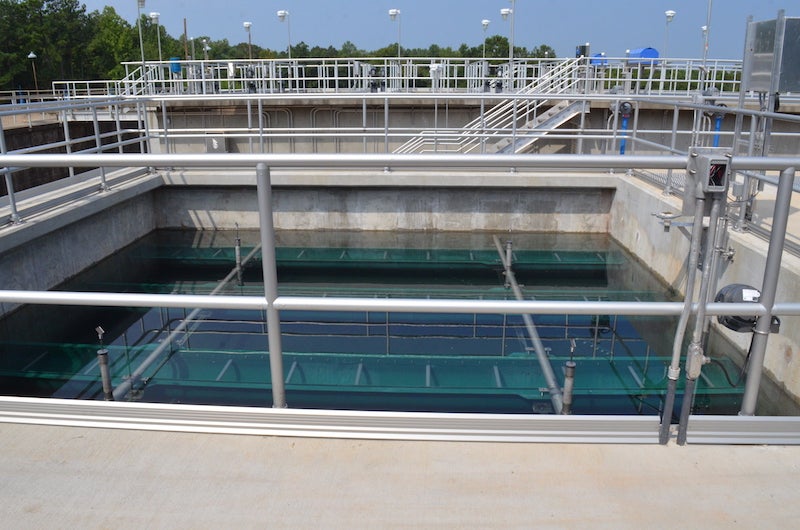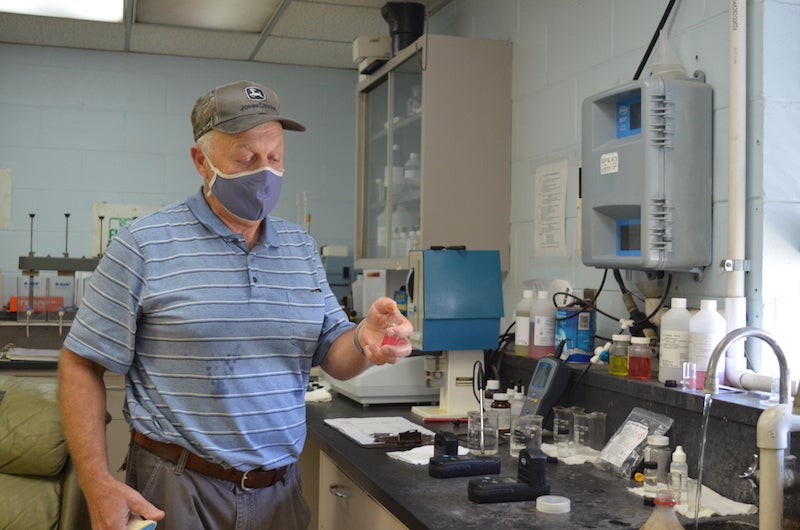Clanton water upgrades prepare for growth
Published 3:29 pm Monday, August 17, 2020
|
Getting your Trinity Audio player ready...
|
By JOYANNA LOVE/ Managing Editor
Renovations to Clanton’s water treatment plant are well underway and expected to be completed by the end of the year.
The project includes adding two new filters to the system, which increases the capacity and allows for operations to continue if one goes down. Upgrades to the old filters are also being done.
Donny Easterling, supervisor of the plant, said the new filters are installed and operational, but the upgrades to the old system are still underway. He said these upgrades include replacing old pipes.
The original water plant was built in 1970.
“Clanton has grown a fair amount,” Easterling said. “We are pumping a lot more water than we were in those days.”
To keep up, the two old filters were running 20 hours a day.
“We were at 80-85% capacity,” Easterling said.
Increasing the capacity of the water plant not only means that it serves the city better, but it creates room for further growth, including new houses and businesses.
Mayor Bobby Cook said the project cost $4.6 million. The Clanton City Council approved paying for the project with money that had been set aside. Cook said the project was completed without borrowing any money.
“With this addition, we feel that it will be several years now before we have to do anything,” Cook said.
Weather had been a factor in getting the project completed.
In addition to the two off-site water towers, the water plant has two water tanks on-site that can store more than one million gallons. Cook estimated that the city’s total water storage capacity was six million gallons.
Easterling said the plant also serves several outside the city limits, who signed on prior to Chilton Water being an option.
Water filtered by the system comes from the Coosa River, specifically Cargile Creek and Lake Mitchell. Easterling said the water is run through a mixture of sand and coal-based substance and treated with chemicals to make it suitable for use. Water is then pumped to customers and to the water tanks in the city.
“If we have to shut down for any reason, customers could rely totaling on the tanks,” Easterling said.
Easterling said the plant can filter up to three million gallons of water per day. The system is monitored 24/7 with the help of technology, display screens and employees.









